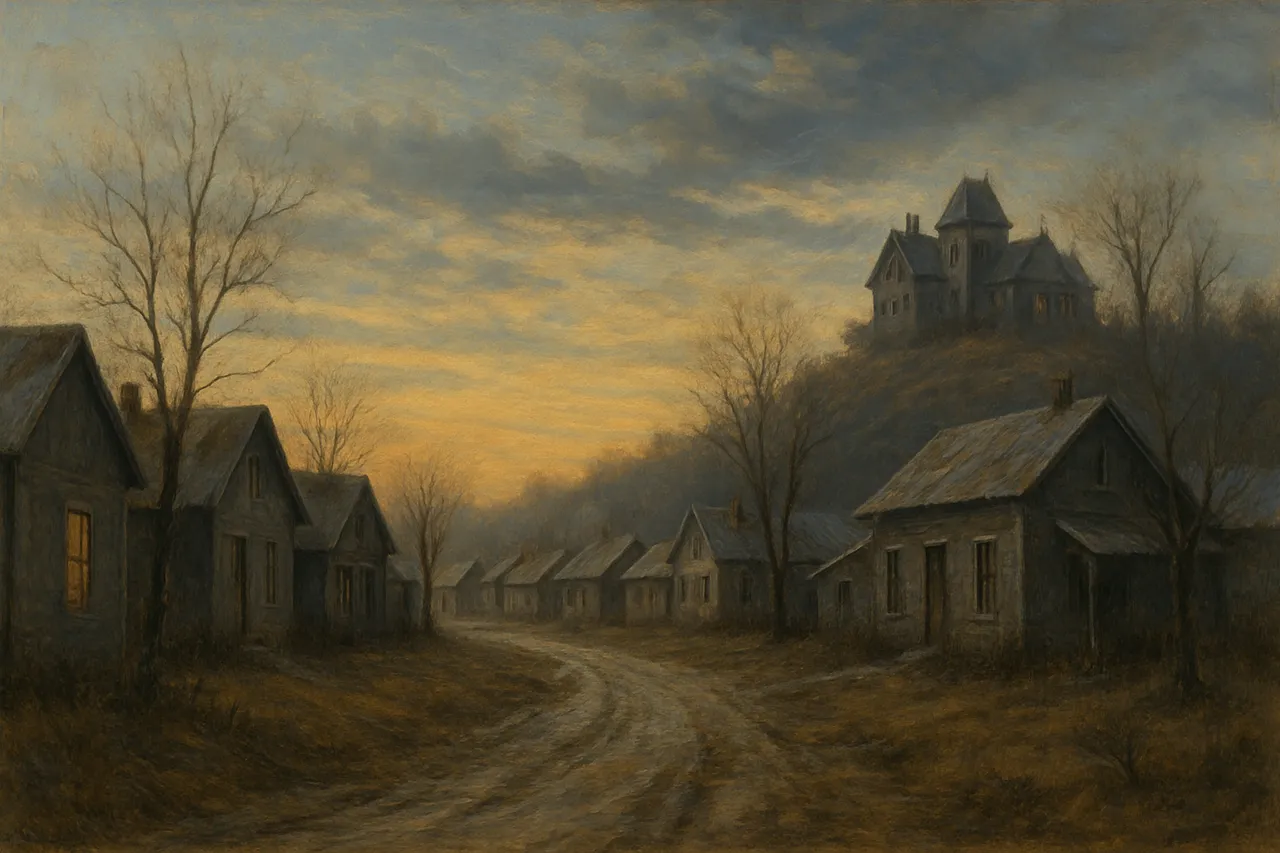“It didn’t happen all at once. It came like a shadow lengthening at sunset—slow, creeping, and inevitable.”
In chapters 13 through 15, the horror doesn’t leap—it seeps.
The town is changing, but not in ways you can easily point to. It’s in the silence that lingers too long. The closed curtains. The faces that look tired, drawn, afraid to name what they’re feeling. It’s as if the town itself is falling asleep... and something else is waking up in its place.
King masterfully captures this slow descent into dread. More people grow ill. Others disappear or act strangely. But no one connects the dots—not really. Because to admit the truth would be to invite something unspeakable into your living room.
I was especially struck by how ordinary the horror feels. This isn’t just a haunted house on the hill anymore. It’s mail left unopened, beds left cold, children staying home from school, and dogs going silent. That’s what makes it terrifying. It feels real.
The characters begin to stir—Ben, Matt, Mark—but they’re still isolated, still unsure. And in that space of uncertainty, the town sinks deeper into the grip of something ancient. The vampire isn’t the only predator here—denial is just as dangerous.
As I read, I felt the temperature drop. I found myself checking the windows. It’s subtle, but it’s working. This book is crawling under my skin.

Prompt used:
This oil painting presents a bleak village at dusk, with a winding dirt road cutting through weathered houses as dark clouds loom overhead. Bathed in a faint golden light from the setting sun, the scene contrasts the warm glow of a single bright window with the cool, muted tones of the surrounding landscape, leading your gaze toward a looming, Gothic mansion on the distant hill.
Have you ever felt a place turn unfamiliar—like your home, your job, your town—without anything actually changing? Let’s talk about that kind of quiet fear.
🕮 Next up: The resistance begins—Ben, Matt, Mark, and others start piecing together what’s truly happening in Salem’s Lot.